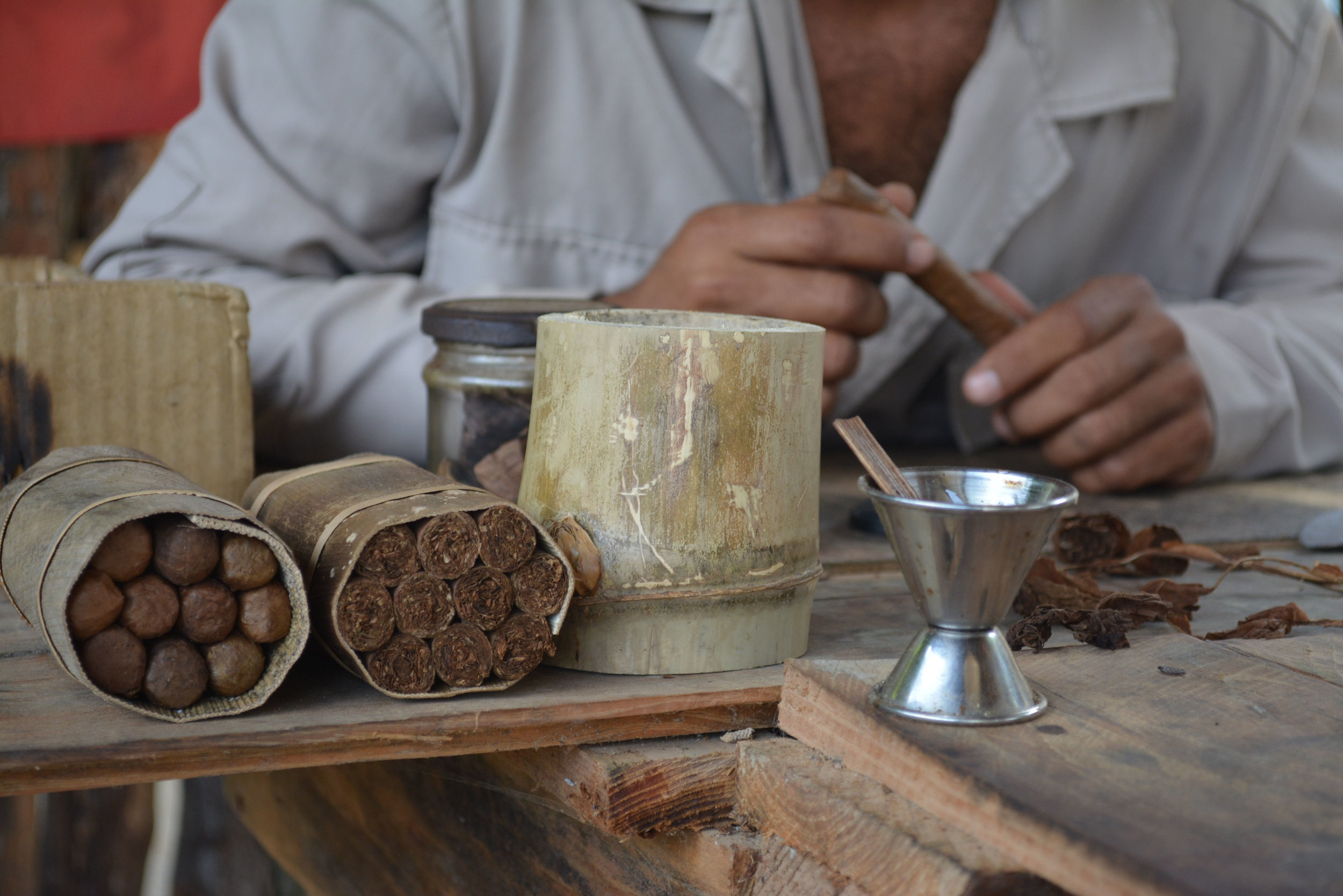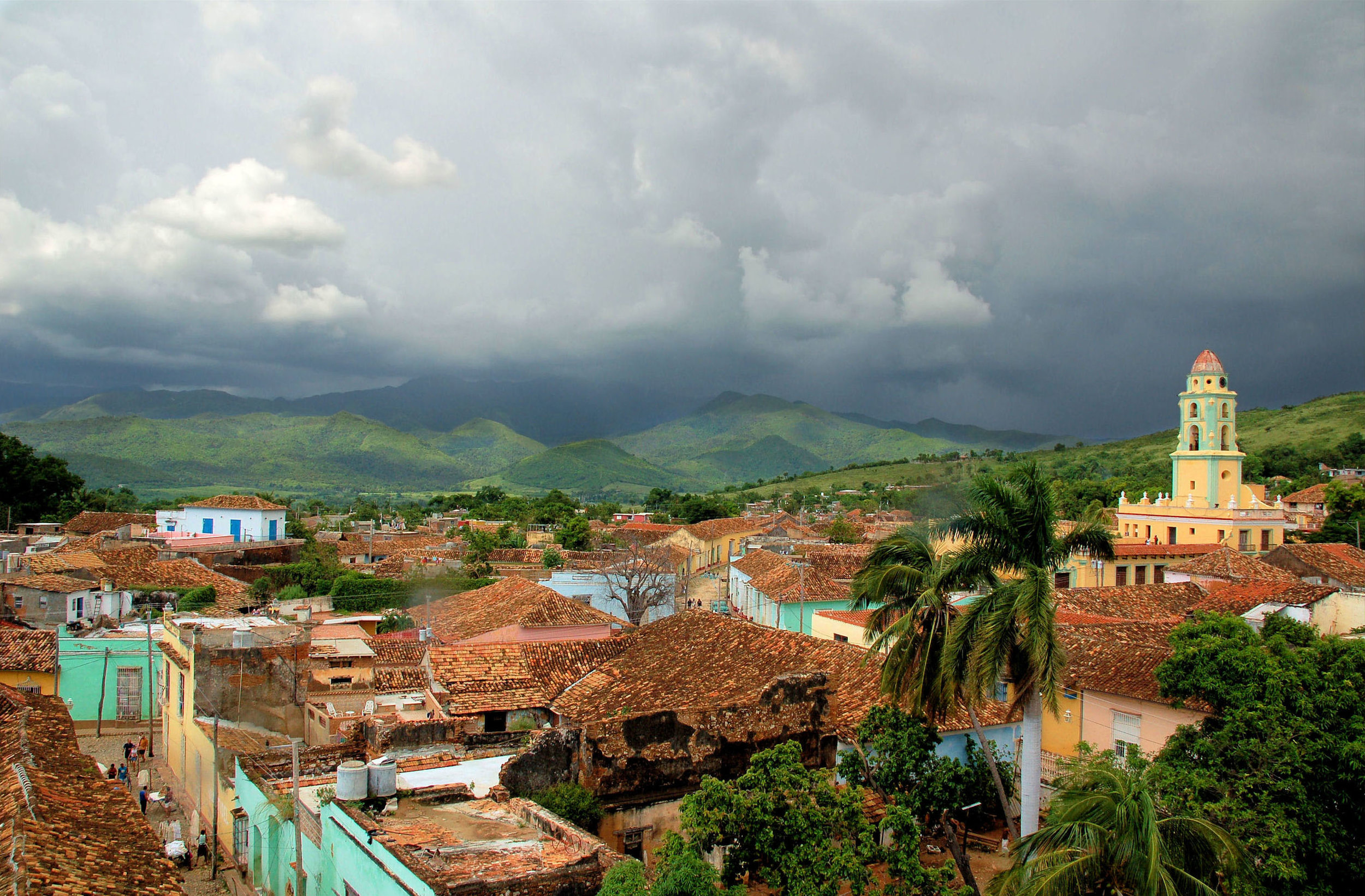Hit play below to listen in on this interview about living in India as an expat, and repatriating with Naomi Hattaway. Or listen on iTunes, Stitcher, TuneIn, or Acast.
Transcript:
Alex: Some of the great 20th century novels were about travel. Like Ernest Hemingway’s The Sun Also Rises about an American expatriate living in Paris. Another great novel, On the Road, by Jack Kerouac, is about a series of adventures traveling across the US. These works popularized their character’s lifestyles, in a way that still influences the way we do things now. I wanted to chat with someone who’s lived that lifestyle, to find out what it was like and more importantly, how it’s changed them. Hi, I’m Alex Cwalinski, and you’re listening to Go, a podcast about travel, places, and adventure.
Naomi: I think repatriation can be defined differently for people and it doesn’t mean that you have to repatriate to your home country. Alex: Are you spraying your dog?
Alex: That’s Naomi Hattaway, travel writer and founder of Iamatriangle.com.
Hattaway: Repatriation as a dictionary definition is returning to a place where you left.
Alex: Hattaway is originally from the mid-west, but she’s lived in India for three years. That’s where she learned and saw how different people could live in another country.
Hattaway: We were walking down the street and my husband moved to the street side. And we all remember very clearly that in India, at least in New Delhi where we lived, the wage owner was the one protected.
Alex: It was an exciting career opportunity for her husband, that prompted the family to make the move.
Hattaway: I met my husband, he was a careers expat setting up Delta hubs around the world. And one day he came home and said, what do you think about India? And I said, ‘sure, why not?’
Alex: With three children, Hattaway and her husband moved the family from the Mid-west to a place where the language, culture and lifestyle are totally different.
Hattaway: We talk so much about preparing for that move and preparing for what to expect culturally.
Alex: Like the music and the movies. The culture there is more community based, whereas in the US, it’s more individualistic. India has a caste system which can determine a person’s standing in society. This ancient system goes back thousands of years and is determined by a person’s race or ethnic background. Also things like, the order in which the family walks down the street, are different. Hattaway remembers learning about that from her taxi driver.
Hattaway: I said, Kushel, ‘why is that girl so close to traffic?’ And he said, ‘Well, she can’t earn as much as the father so the father’s on the inside.’
Alex: That struck a chord with Hattaway because she had a child that same age.
Hattaway: When we moved to India, the youngest was three. That’s what she based her childhood around. We were there for 3 years.
Alex: 3 years is a long time for anyone to live overseas, but for a kid, it’s a lot. What habits you learn, sometimes don’t fade.
Hattaway: And she still hesitates before drinking out of a water fountain, even though it’s eight years later.
Alex: The water fountains weren’t always the cleanest there. Another thing she needed to adjust to was how much distance to keep between her and other people.
Hattaway: We call if chicken wings because she had to learn her personal space and when we’re in big crowds her elbows go up out of habit. To give herself space.
Alex: Repatriating to life back home, can be a challenge on its own.
Hattaway: No one talks about repatriation. When you’ve lived overseas, regardless of where your passport country is, you change incredibly.
Alex: Despite all the unexpected changes, Hattaway and her family picked up some habits they still enjoy.
Hattaway: On a good side. India taught us how to celebrate. To celebrate with color. We celebrate Holi every year. The kids still celebrate Rakshubanden, which is a really cool sibling holiday.
Alex: After returning back to the States, Hattaway noticed that her and her family were practicing things from both India and American. They identified with both cultures. That’s when she started writing about the concept of I am a triangle.
Hattaway: The basic concept is that in your passport country, you are a circle and everything there is normal to you.
Alex: Things like holidays, food, politics, fashion, those things are normal to you in your home culture.
Hattaway: And for us, like when we moved to India, we were in a square culture, so nothing made sense. And after being there for a time we started adapting to that culture. But we couldn’t just be a square or a circle, so we became a triangle.
Alex: This morph can stay with you, like it did for Hattaway.
Hattaway: When you go back as a triangle to your home country, everyone else is still a circle. Those there’s that struggle of figuring out where you belong.
Alex: When she began writing about this concept, it got a lot of attention online.
Hattaway: I woke up to my inbox being full of hundreds of emails. And everyone that responded was saying, ‘I thought I was the only one that felt that way.’
Alex: Repatriation, according to Hattaway, it can be just as much adjusting to life overseas, as it is to returning home.
Hattaway: It’s always surprising to me how many people don’t still know that repatriation is still a big deal and that you have to look at it with just as much planning as you would your first international move.
Alex: You can read more about Hattaway and the I Am A Triangle community, by visiting her website at: Iamatriangle.com. I’m Alex Cwalinski. Subscribe to Go the Podcast wherever you’re getting your podcasts and find us on gothepodcast.com for more great content. There, you can find a link to Naomi Hattaway’s website and more. Thanks for listening. If you like this podcast, please share with a friend or family member. Don’t forget to subscribe to us on apple podcasts or where ever you’re getting you podcasts.
Check out our other episodes below:



























